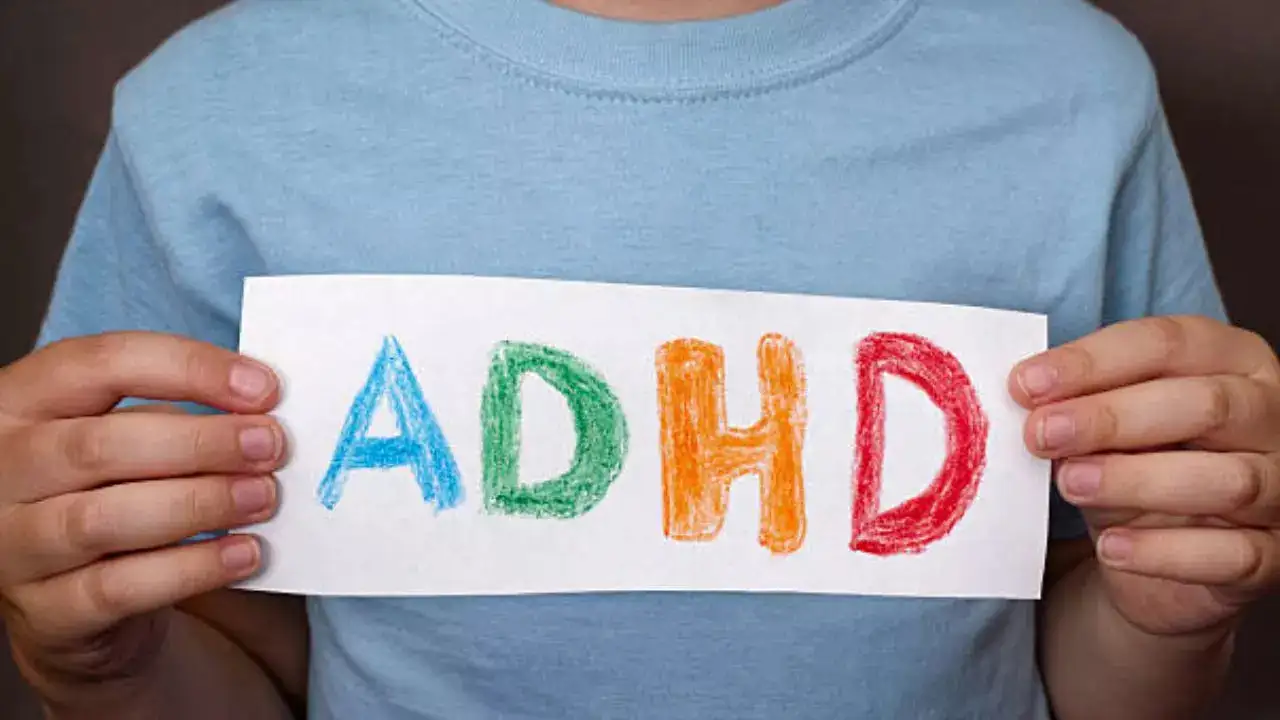
ADHD On The Rise In US: Why More Adults Are Being Diagnosed Than Ever Before (Image Credits: iStock)
A recent study published in the journal Psychiatric Research and Clinical Practice reveals a significant rise in Attention-Deficit/Hyperactivity Disorder (ADHD) diagnoses among adults in recent years, while rates among teenagers have remained stable. Between 2020 and 2023, adult ADHD diagnoses increased by 15 per cent, reversing a nearly 11 per cent decline observed from 2016 to 2020. Meanwhile, diagnoses among teens stayed consistent during the same period after a substantial 26 per cent drop between 2016 and 2018.
The research, led by Dr Erick Messias, Chair of Psychiatry and Behavioral Neurosciences at St. Louis University School of Medicine, highlights various factors contributing to these trends. The growing awareness of ADHD and reduced stigma surrounding the condition have played pivotal roles in increasing diagnosis rates. Additionally, improved access to healthcare services and a broader understanding of ADHD symptoms among parents, teachers, and healthcare providers have facilitated more accurate identification of the disorder.
Furthermore, expanded diagnostic guidelines for ADHD may have contributed to the uptick in adult diagnoses. The study, based on the medical records of over 144,000 patients from the Sisters of Saint Mary healthcare system in Illinois, Missouri, Oklahoma, and Wisconsin, represents one of the largest investigations into ADHD trends before, during, and after the COVID-19 pandemic.
Recognizing ADHD Symptoms in Adults
ADHD in adults can be challenging to diagnose because its symptoms often manifest differently compared to children. According to the Cleveland Clinic, common symptoms of adult ADHD include:
- Chronic forgetfulness and procrastination
- Difficulty with time management and organization
- Restlessness or feeling constantly on edge
- Struggling to follow through on tasks or commitments
- Frequently misplacing items
These symptoms can impact a person’s personal and professional life, leading to difficulties in maintaining relationships, meeting deadlines, and managing responsibilities.
How to Support Someone with ADHD
If someone you know has ADHD, offering understanding and practical support can make a significant difference. Here are some ways to help:
1. Educate Yourself: Learn about ADHD to better understand its symptoms, challenges, and treatment options. This knowledge will help you empathize and communicate effectively.
2. Encourage Professional Help: Encourage the person to seek professional assistance, including therapy or medication, as prescribed by a healthcare provider.
3. Provide Structure: Help them create routines and use tools like planners, calendars, or apps to stay organized.
4. Be Patient: ADHD symptoms can be frustrating, but showing patience and avoiding criticism will create a supportive environment.
5. Break Tasks into Steps: Assist them in breaking down overwhelming tasks into manageable steps to improve focus and follow-through.
6. Offer Positive Reinforcement: Celebrate their achievements, no matter how small, to boost confidence and motivation.
7. Avoid Overwhelming Environments: Minimize distractions in their workspace or home to help them concentrate better.
Get Latest News Live on Times Now along with Breaking News and Top Headlines from Mental Health, Health and around the world.
